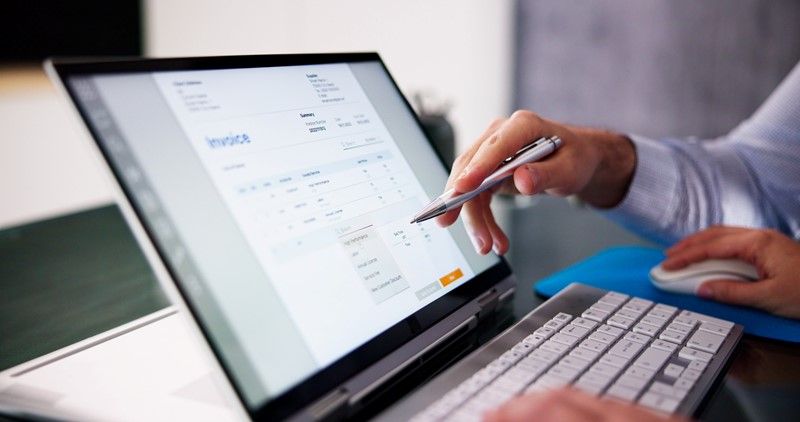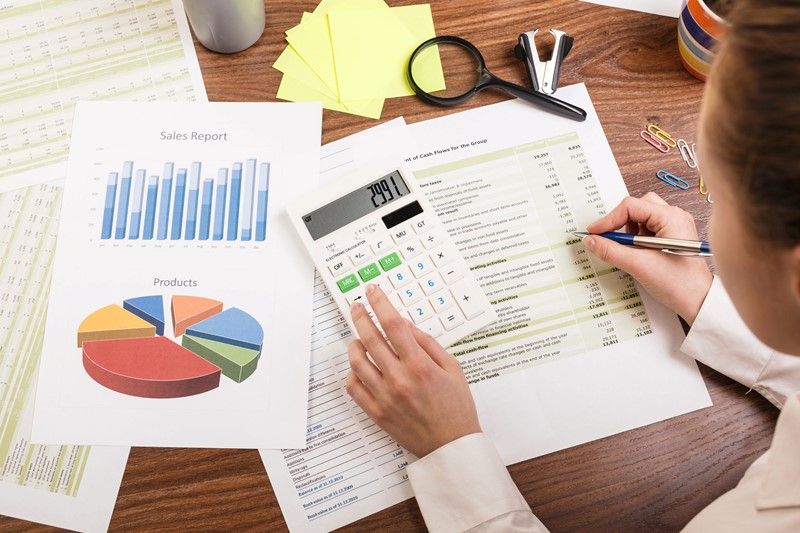Changes to VAT on donations to charities
The government is consulting on new VAT relief for goods donated to charities for free use. Could this fix an unfair gap in current rules? Have your say by 21 July 2025.
A new joint consultation from HM Treasury and HMRC, titled “VAT Treatment of Business Donations of Goods to Charity” has been launched. The consultation seeks to gather views on introducing a VAT relief for goods donated to charities by companies to give away free of charge or to use in the delivery of their services. The consultation is open until 21 July 2025.
Currently, VAT relief applies to goods donated to charity for resale (such as in charity shops), but not to those given away free of charge or used directly in charitable services. The government acknowledges that this creates an inconsistency. While the existing rules were originally designed to prevent VAT fraud, the consultation explores options for better alignment without weakening fraud safeguards.
The consultation is split in to four main sections:
- To gather information about respondents and their experiences with donating or receiving goods.
- To examine current VAT rules on donated goods used for charitable distribution or service delivery.
- To set out the government's aims and proposes the scope of a new VAT relief.
- To explore options for administering the relief and seek feedback on proportionate administrative arrangements.
The government encourages responses from all stakeholders, including charities, social enterprises, manufacturers, retailers, logistics providers, and industry bodies.




